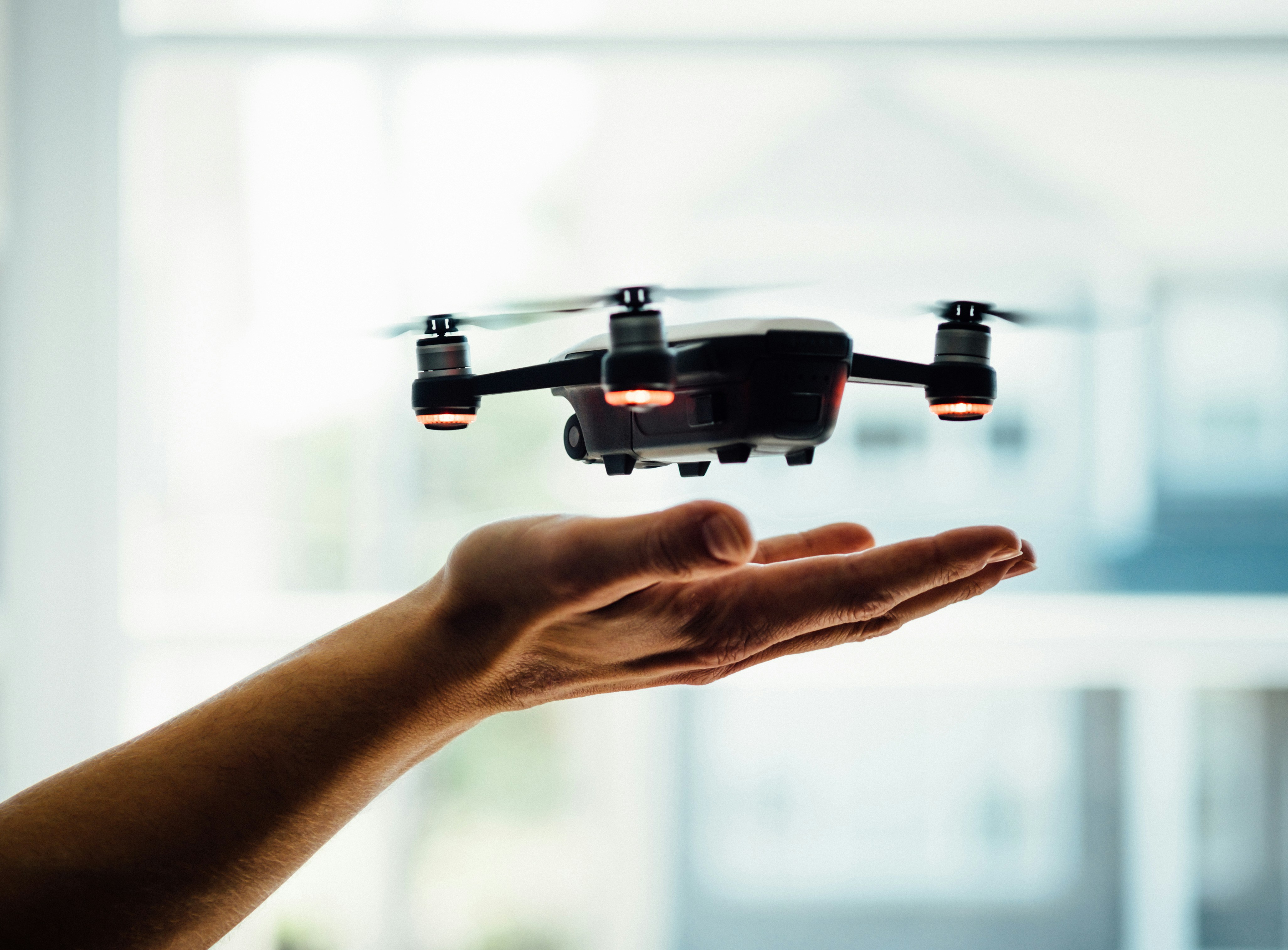
Automate Your UAV Jobs Search: Using ChatGPT, RSS & Alerts to Save Hours Each Week
UAV roles land across defence, emergency services, surveying/GIS, energy & utilities inspection, logistics, agri/forestry, media, infrastructure, start-ups and research labs—often hidden in ATS portals or duplicated across job boards. The fastest way to keep up isn’t heroic scrolling; it’s automation. With keyword-rich alerts, RSS feeds and a reusable ChatGPT workflow, you can bring relevant roles to you, triage them in minutes, and tailor strong applications without burning your evenings. This copy-paste playbook is for www.uavjobs.co.uk readers. It’s UK-centric, practical, and designed to save you hours each week. What You’ll Have Working In 30 Minutes A role & keyword map spanning GNC/Flight Control, Autonomy/Navigation, Perception, Mission Planning, Avionics/Embedded, Comms/RF/Networking, UTM & Airworthiness, Mechanical/Propulsion, Payload/Imaging, Field Ops & Pilots, and Cloud/Fleet Ops. Shareable Boolean searches to paste into Google and job boards that slice out noise. Always-on alerts & RSS feeds that deliver fresh UK roles to your reader/inbox. A ChatGPT “UAV Job Scout” prompt that deduplicates, scores fit and outputs ready-to-paste actions. A simple pipeline tracker so deadlines and follow-ups never slip.

